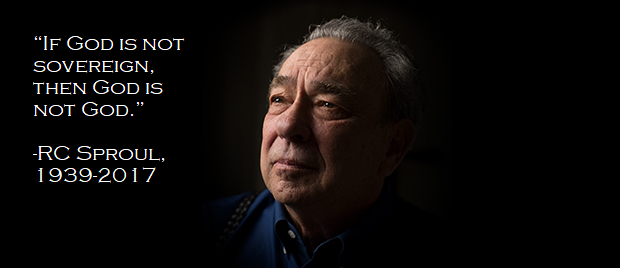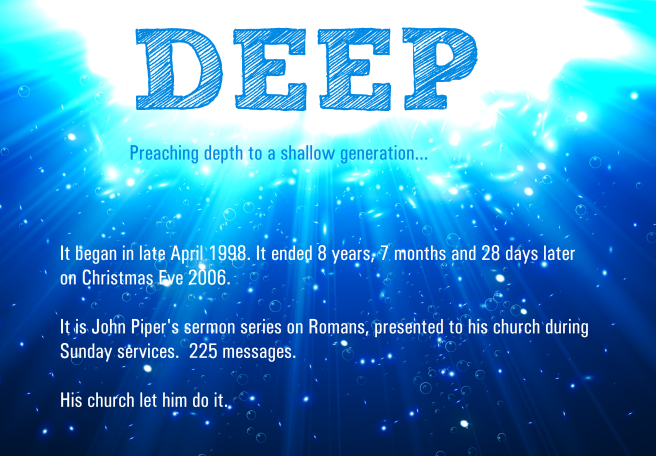by Mark Knox, Director of Guest Experiences, Chick-fil-A, Hendersonville
 There’s a reason that “puttin’ on the Ritz” is a saying. Dating back to the 1920s, this saying – and the Irving Berlin song of the same name – draws its inspiration from the Ritz Hotel. The Ritz has become synonymous with high living, fashion, and hospitality.
There’s a reason that “puttin’ on the Ritz” is a saying. Dating back to the 1920s, this saying – and the Irving Berlin song of the same name – draws its inspiration from the Ritz Hotel. The Ritz has become synonymous with high living, fashion, and hospitality.
I had the opportunity to spend a night and the better part of a day at the Ritz-Carlton in Charlotte, North Carolina. Part of my purpose as a Director of Guest Experiences was to observe their operation for signs of great customer service. They were not hard to find throughout my visit. My wife, who regularly and often stays in hotels as part of her job, was along, and I was interested in getting her perspective as well.
What follows are some of my observations.
Focus
From beginning to end, every encounter with every Ritz employee was focused on me as the guest. Burned into my mind is the image I saw as I drove up to the door…four valets, facing forward, ready to spring into action. Prior to my pulling up, they were idle and waiting, but not clumped together carrying on their own conversation. Their appearance was one of welcoming and readiness, in short, focus.
Every employee of the Ritz shared this trait. As my valet who wheeled my bags to the room waited for me to check in, he kept his attention on me. He drew me into conversation, asked if we were there for “the concert” (Neil Diamond that night; yes, we were), discovered where we were from. Again, while he was waiting on me, he did not divert his attention elsewhere.
I also noticed this in the restaurant. As we were dining, the sommelier came to table next to us to pour wine. At one point, he took a step back to allow their server to remove some plates. I thought he might turn to greet us, but instead he kept his focus on his guests at hand, ready to pour the wine when ready. His attention did not divert.
My wife and I normally stay at decent, clean mid-line hotels. While I generally have no complaints about the level of service we receive – and sometimes it can be exceptional – it rarely rises to the level of focus that we saw at the Ritz. For example, it’s not uncommon to walk into one of these mid-line hotels and not see anyone at the front desk; they are in the back office. Oh sure, they come out promptly and are friendly, but it’s not the Ritz.
Courtesy
During our entire visit, not once did any employee cross in front of me. This was so pervasive that it became impossible not to notice. If I was walking through the restaurant, every server who was moving about in my area would stop to let me pass. The same was true for every valet, housekeeper, and spa employee I encountered.
I often think about how I sometimes bounce around my restaurant, rushing here and there on various important matters. Do I sometimes cut in front of a guest? I’m sure I do. I need to look at this.
It was always, “Mr. Knox” and “Mrs. Knox.” There was never the familiarity that has somehow crept into modern 21st Century customer service. I’ve never been a fan of the “Hey, how are you guys?” model when my wife and I are being served. Our experience at the Ritz was friendly and conversational (“How do you like this Jeep you drove, sir?”), but never presumed to be overly familiar.
While we were at the Spa getting massages, an alarm sounded in the area where my wife was being attended. The therapist placed a towel over her head and ears to shield her from the sound while she looked into what the alarm was. Having discovered it was not anything that required action, she then asked my wife if it would be permitted to go back to working on the massage. Simple courtesy.
Over the Top
The Ritz is known for its opulence and “beyond the basics” care. It is, after all, just a hotel, a place to sleep. But it is so much more.
We were offered champagne upon arrival in the lobby. There’s a TV screen within the bathroom mirror. After returning from dinner, we found our robes and towels had been replaced and the bed turned down with the next day’s forecast on the pillow.
In my business, we look for ways to “Connect, Discover, and Respond” to our guests. At the Ritz, when they’d connected with us and discovered that we were going to the Neil Diamond concert, they responded by presenting us with cupcakes after our massages with the message “Enjoy Sweet Caroline” written on the plate in frosting. Truly, good times never seemed so good.
While in my work context, we are not the Ritz, it makes me wonder, are there things we could be doing to go “over the top” for our guests? Things that would create such an experience that they can’t wait to come back? I’m sure there are. We just need to discover them.

 de to reduce the amount of physical clutter in my life. Like most people, I’ve managed to collect quite a bit of stuff over the years. Couple that with a major career change some five years ago, and I’ve found myself to have saved many things that I no longer use or need.
de to reduce the amount of physical clutter in my life. Like most people, I’ve managed to collect quite a bit of stuff over the years. Couple that with a major career change some five years ago, and I’ve found myself to have saved many things that I no longer use or need. f my extended family. Where once there was a certain anxiety, there is now peace and joy.
f my extended family. Where once there was a certain anxiety, there is now peace and joy.


 Doctrine divides. Sound doctrine divides us from error and from those who espouse it. False doctrine divides us from God. I’d rather divide from false teachers than from God.
Doctrine divides. Sound doctrine divides us from error and from those who espouse it. False doctrine divides us from God. I’d rather divide from false teachers than from God. There’s a reason that “puttin’ on the Ritz” is a saying. Dating back to the 1920s, this saying – and the Irving Berlin song of the same name – draws its inspiration from the Ritz Hotel. The Ritz has become synonymous with high living, fashion, and hospitality.
There’s a reason that “puttin’ on the Ritz” is a saying. Dating back to the 1920s, this saying – and the Irving Berlin song of the same name – draws its inspiration from the Ritz Hotel. The Ritz has become synonymous with high living, fashion, and hospitality.
 by Mark Knox
by Mark Knox